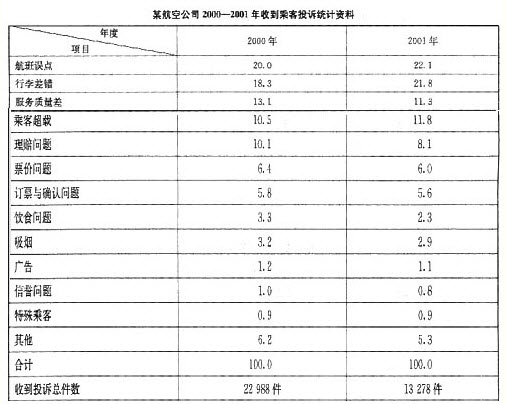Our teacher asks us to keep a diary in English. I enjoy doing so because I
keeping a diary in English is one of the effective ways to
our English writing ability.
Compared with
forms of writing, it is shorter and
less time. It can help us to
the habit of thinking in English.
we persist in (坚持) this practice, gradually we’ll learn how to express ourselves in English. In keeping a diary in English,
can use the important phrases and sentences we’ve
in or out of English classes to describe our
, and this way we can master and use freely
we’ve learned, which will do good
us in English learning. But
we certainly run up against many difficulties. In the first place, it often happens that we have
finding proper words and phrases to give expression to our mind. Secondly, there
many idiomatic(惯用的) ways of saying things in Chinese. And it is extremely hard for us to put them
English properly.
As far as I am concerned, my suggestion is that we
always have a notebook and a Chinese-English dictionary within easy reach. Whenever
beats (难倒)us, we can first put it down in our notebook and then look it up in our dictionary. We can also turn to our English teacher for
, if necessary.
In short, I believe that it is of
use to keep a diary in English for the development of our
skills.
| 小题1: | | A.think | B.stand | C.practice | D.finish |
|
| 小题2: | | A.get | B.gain | C.improve | D.prove |
|
| 小题3: | | A.other | B.the others | C.another | D.others |
|
| 小题4: | | A.spends | B.takes | C.pays | D.spares |
|
| 小题5: | | A.pick | B.make | C.give | D.develop |
|
| 小题6: | | A.Before | B.If | C.After | D.While |
|
| 小题8: | | A.learned | B.forgotten | C.thought | D.listened |
|
| 小题9: | | A.eyes | B.feelings | C.texts | D.books |
|
| 小题10: | | A.that | B.which | C.what | D.when |
|
| 小题11: | | A.to | B.across | C.between | D.along |
|
| 小题12: | | A.at a time | B.at one time | C.all the time | D.at times |
|
| 小题13: | | A.chance | B.time | C.trouble | D.choice |
|
| 小题16: | | A.can | B.shall | C.should | D.may |
|
| 小题17: | | A.nothing | B.anybody | C.somebody | D.something |
|
| 小题18: | | A.money | B.dictionary | C.question | D.help |
|
| 小题19: | | A.great | B.much | C.very | D.more |
|
| 小题20: | | A.speaking | B.writing | C.listening | D.reading |
|

